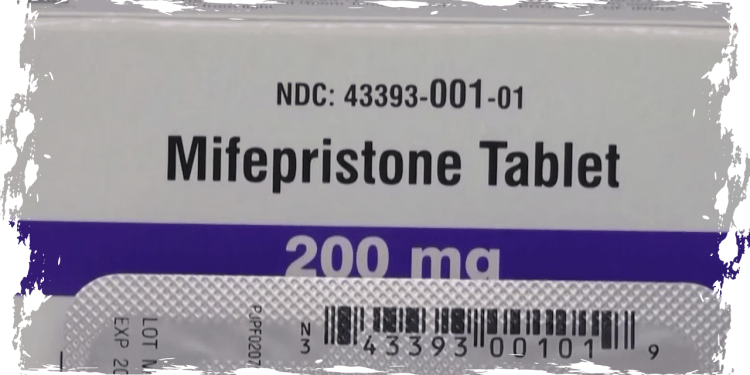The United States Supreme Court concluded on Thursday that a group of doctors lacked legal standing to challenge the Food and Drug Administration’s regulation of the abortion drug mifepristone, ensuring countrywide access to the medication.
Justice Brett Kavanaugh wrote the unanimous ruling.
The lawsuit brought abortion access back into the court’s spotlight for the first time since its conservative majority moved to overturn Roe v. Wade in 2022.
In his opinion, Kavanaugh stated that the plaintiffs are pro-life, oppose elective abortion, and have sincere legal, moral, ideological, and policy objections to others prescribing and using mifepristone. “Because plaintiffs do not prescribe or use mifepristone, plaintiffs are unregulated parties who seek to challenge the FDA’s regulation of others.”
“Plaintiffs advance several complicated causation theories to connect the FDA’s actions to the plaintiffs’ alleged injuries in fact,” Kavanaugh said. “None of these theories suffices to establish Article III standing.”
Mifepristone is the first pill of a two-drug regimen for medical abortion, the most prevalent type of abortion in the country.
The court’s decision implies that mifepristone will continue to be available for preexisting conditions, including the ability for women to acquire the drug via mail with no in-person dispensation required.
However, the doctors’ claims that the FDA erred in establishing these restrictions in 2016 and 2021 went unanswered by the Supreme Court. The Supreme Court instead leaves those questions for later resolution.
Three Republican-controlled states, Missouri, Kansas, and Idaho, are already filing similar challenges against Mifepristone. Their attorneys think they will have a better legal position.
Justice Kavanaugh argued that, while the Alliance for Hippocratic Medicine “failed to demonstrate that the FDA’s relaxed regulatory requirements likely would cause them to suffer an injury,” there was another way to challenge abortion pills.
“The plaintiffs may present their concerns and objections to the President and FDA in the regulatory process,” he stated.
Danco, the drug producer that sued to preserve the tablet, said the result was a big victory for the pharmaceutical sector, which has warned against courts overruling the judgment of FDA scientists and experts.
The court “maintained the stability of the FDA drug approval process, which is based on the agency’s expertise and on which patients, healthcare providers, and the US pharmaceutical industry rely,” a Danco spokeswoman, Abigail Long, stated.
Abortion opponents described the decision as “deeply disappointing.”
“It is a sad day for all who value women’s health and the lives of unborn children, but the fight to end dangerous mail-order abortion drugs is far from over,” said Katie Daniel, policy director of Susan B. Anthony Pro-Life America.
Erin Hawley, Senior Counsel at Alliance Defending Freedom, who argued for the doctors before the court, was likewise disappointed that the justices did not go into detail about the case’s merits.
Hawley stated that the organization “will continue to advocate for women and work to restore commonsense safeguards for abortion drugs.”
The Supreme Court did deliver a powerful affirmation of conscience protections for doctors who oppose abortion, maybe a clue to how it might rule in another big abortion case this term. Moyle v. U.S.
Idaho’s abortion restriction and whether a federal rule governing emergency treatment guarantees access to abortion in hospitals when a woman’s health is in jeopardy are at the center of the dispute. The court appeared divided on the issue when it heard arguments on April 24. A decision is due by the end of June.
“Federal conscience laws definitively protect doctors from being required to perform abortions or to provide other treatment that violates their consciences,” Kavanaugh said in his ruling on Thursday.
President Joe Biden stated that the court’s judgment on mifepristone “does not change the fact that the fight for reproductive freedom continues.”
In a statement, Biden stated, “Women are being turned away from emergency rooms, forced to go to court to plead for care that their doctor recommended, or forced to travel hundreds of miles for care.” “Doctors and nurses are being threatened with jail time, potentially life in prison, for providing the health care for which they were trained. Attackers are also targeting contraception and IVF.










